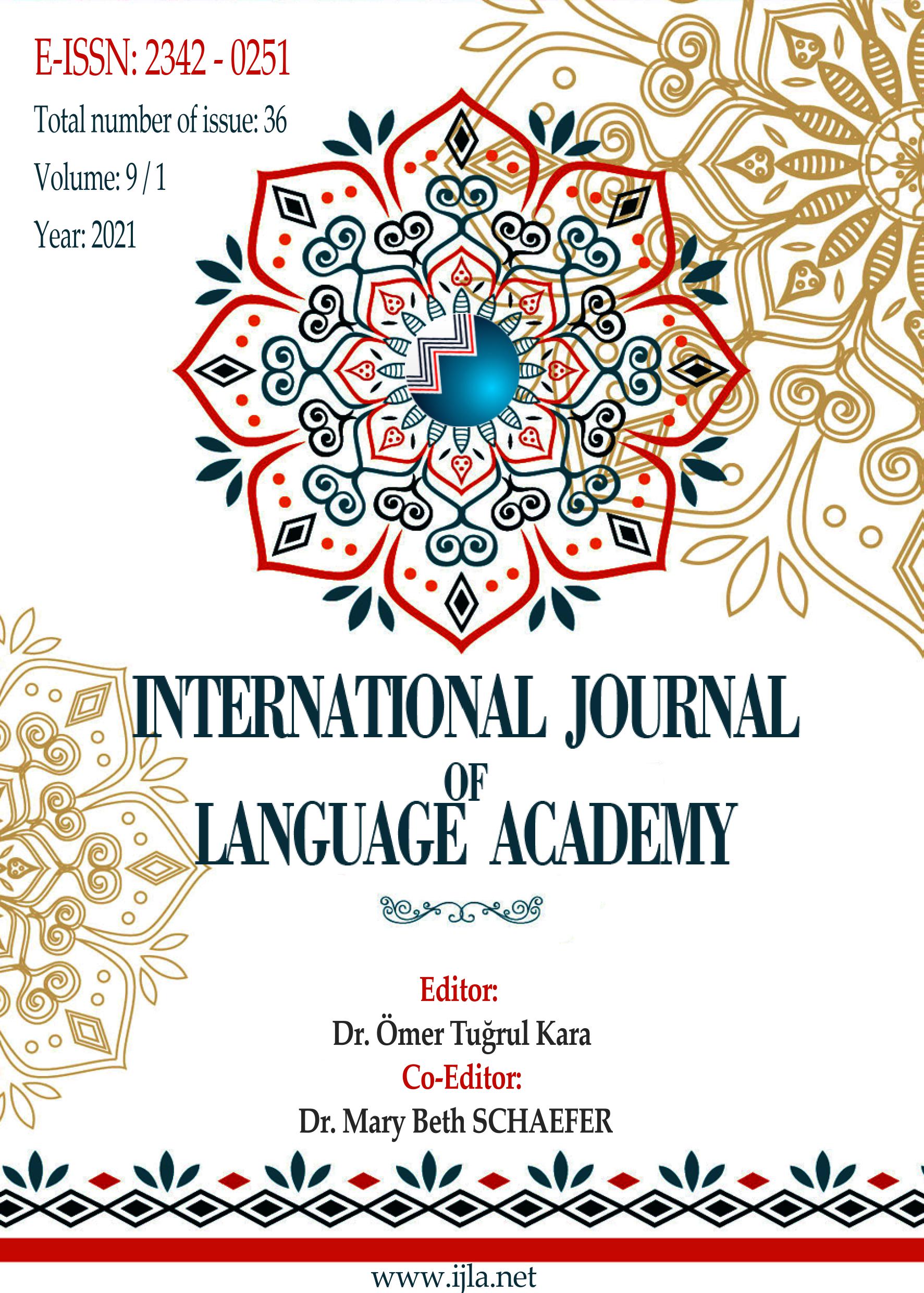Author :
Abstract
Türk Dünyası’nın en merkezî yerinde bulunan İran Türklüğü, yer altı ve yer üstü zenginliklerine sahip bu coğrafyada yüzyıllar öncesinden gelen büyük bir medeniyet meydana getirmiştir. Bu önemli ve değerli kadim Türk yurdu tarihin seyri içerisinde hem sosyal hem de siyasi çeşitli sıkıntılarla karşılaşmıştır. Özellikle Türklerin ülke yönetiminden uzak tutulduğu dönemlerde bu sıkıntılar zirve yapmıştır. Bu sıkıntılardan en büyük nasibi ise İran Türk edebiyatı almıştır. Sekteye uğrayan Türk dili ve edebiyatının en büyük taşıyıcısı ise halkın hafızası niteliğindeki âşıklar olmuştur. Şiirin duygu ve düşünceleri üstü kapalı bir şekilde ifade etmeye imkân vermesi, dilden dile kolayca yayılabilmesi bu türde eserlerin artmasına neden olmuştur. Fakat şiir, sosyal problemleri ifade etme noktasında yetersiz kalmıştır. Roman ve hikâye ise gelişme imkânı bulamamıştır. İslam Devrimi’nden sonra Türkçenin kullanımında rahatlama meydana gelmesiyle Dr. Cevat Héy’et, Dr. Muhammed Taki Zehtabi, Hamid Nutgî, M. A. Ferzane, Hüseyin Sadı€, İbrahim Refref, İsmail Hadi, Semed Béhrengî, Yahya Şeyda, Ali Rıza Sarrafî, vb. aydınların özverili çalışmaları neticesinde gelişmeler yaşanmıştır. Bu aydınlardan biri de Ali Hüseyinzâde Daş€ın’dır. O, dil ve edebiyatın hemen her alanında eser veren oldukça üretken bir yazardır. Özellikle sözlük çalışmalarıyla ön plana çıkmakla birlikte Türk kültürü, folkloru ve edebiyatı ile ilgili birçok çalışma yapmıştır. Bu makalede Daş€ın’ın hikâyeleri doküman incelemesi yöntemiyle taranmış, halk ve halk kültürü ile ilgili unsurlar tespit edilerek metinlerden örneklerle desteklenmiştir.
Keywords
Abstract
Iranian Turkishness, which is located in the most central region of the Turkic World, has created a great civilization dating back centuries in this geography with underground and aboveground riches. This important and valuable ancient Turkish homeland has faced various social and political problems in the course of history. These problems peaked, especially during the periods when Turks were kept away from the government of the country. Iranian Turkish literature had the biggest share of these problems. It is the folk poets, who are the memory of the people, that were the biggest carriers of the interrupted Turkish language and literature. The fact that poetry allows to express feelings and thoughts implicitly and that it can easily spread from language to language led to an increase in such works. However, poetry fell short of expressing social problems. Novel and story could not find the opportunity to develop. After the Islamic Revolution, the use of Turkish was eased, and important progress was made as a result of the devoted efforts of the intellectuals including Dr. Cevat Héy’et, Dr. Muhammed Taki Zehtabi, Hamid Nutgî, M. A. Ferzane, Hüseyin Sadı€, İbrahim Refref, İsmail Hadi, Semed Béhrengî, Yahya Şeyda and Ali Rıza Sarrafî, etc. One of these intellectuals is Ali Hüseyinzâde Daş€ın. He is a very prolific writer who works in almost every field of language and literature. He came to the fore especially with his dictionary studies, but he did many studies on Turkish culture, folklore and literature. In this study, Daş€ın’s stories were scanned by document analysis method, elements related to folk and folk culture were identified and supported with examples from the texts.
Keywords
- Daş—ın, A. H. (2001). Kend gelini. Tebriz: E┴ter Yayınevi.
- Dilçin, D. (2000). Edebiyatımızda atasözleri. Ankara: Türk Dil Kurumu Yayınları.
- Gücüyeter, B. (2009). İran Türklerinde çağdaş hikâye ve roman (Yayımlanmamış doktora tezi). Atatürk Üniversitesi Sosyal Bilimler Enstitüsü, Erzurum.
- Kafkasyalı, A. (2002). İran Türk edebiyatı antolojisi (I-VI). Erzurum: Atatürk Üniversitesi Yayınları.
- Kafkasyalı, A. (2009). İran Türk âşıkları ve millî kimlik. Erzurum: Salkımsöğüt Yayınları.
- Kaya, D. (2001). Folklorumuzda beddua söyleme geleneği ve Türk halk şiirinde beddualar. Ankara: Atatürk Kültür Merkezi Başkanlığı Yayınları.
- Türkçe Sözlük. (2005). Ankara: Türk Dil Kurumu Yayınları.
- Yurtbaşı, M. (2013). Sınıflandırılmış deyimler sözlüğü. İstanbul: Excellence Publishing.
